How I Paint
Many people wonder how I paint. I'll try to step through how I go through this process.
Basically I paint in a traditional way: an object or a photograph is placed on an easel, on the left side of the monitor.
In the picture, I have an orchid on the easel - which hopefully will be one of my paintings for 2023.
(Incidentally, I never import a photograph and manipulate it.)
Sometime when I reached 45 years old, I started to develop arthritis in my hands.
It's now reached the point where it becomes painful to hold a pencil or brush for too long.
But I still wanted to paint, so I taught myself how to do it using an ergonomic mouse.
A large mouse is much easier to hold and control.
It took about a year to develop the hand motor skills to replicate using a pencil or brush.
The special mouse is on the right hand side of the keyboard on the above photograph.
In order to create the above Amaryllis painting, I first created the outline for each flower petal.
In this discussion we discuss creating the lower petal on the left hand side.
After creating the shape, we fill in the color, and then remove the dark border line.
A flower petal, like everything else is not monochromatic. It's composed of many highlights and layers.
First I added a dash of pink in the upper left hand side, along with a few curved lines.
The dash of pink is made semi-transparent.
Then I added a slightly transparent layer above the above - with a shift of the color.
I added another dash of color - also semi-transparent.
Now it’s time to insert additional lines on the petal - I draw them separately and then slide them on top.
More layers, highlights, and colors are added to the petal. Some of the highlights are cream colored.
Then I proceed to paint the other petals.
Each petal is slightly different, with varying amounts of highlights, transparency, and distortion.
After about two weeks, the final flower section looked like the following:
The color is pretty close to the actual amaryllis that we grew.
I then proceed to add a stem, leaves, and a background.
I was pleased with this and hung it on the wall in my studio.
After looking at it for several months, I realized this did not have the pizzaz and the feeling of good art.
I removed the greenery, altered the background to have more texture and strokes, and moved the colors to a brighter red/pink.
Incidentally, I created three sizes for the Amaryllis:
5" x 7" format for mailing - 13" x 17" - and 16" x 20"
For each size, I had to alter the colors and textures in order to take advantage of the highlights.
The following is a digital snapshot of the 16" x 20".










